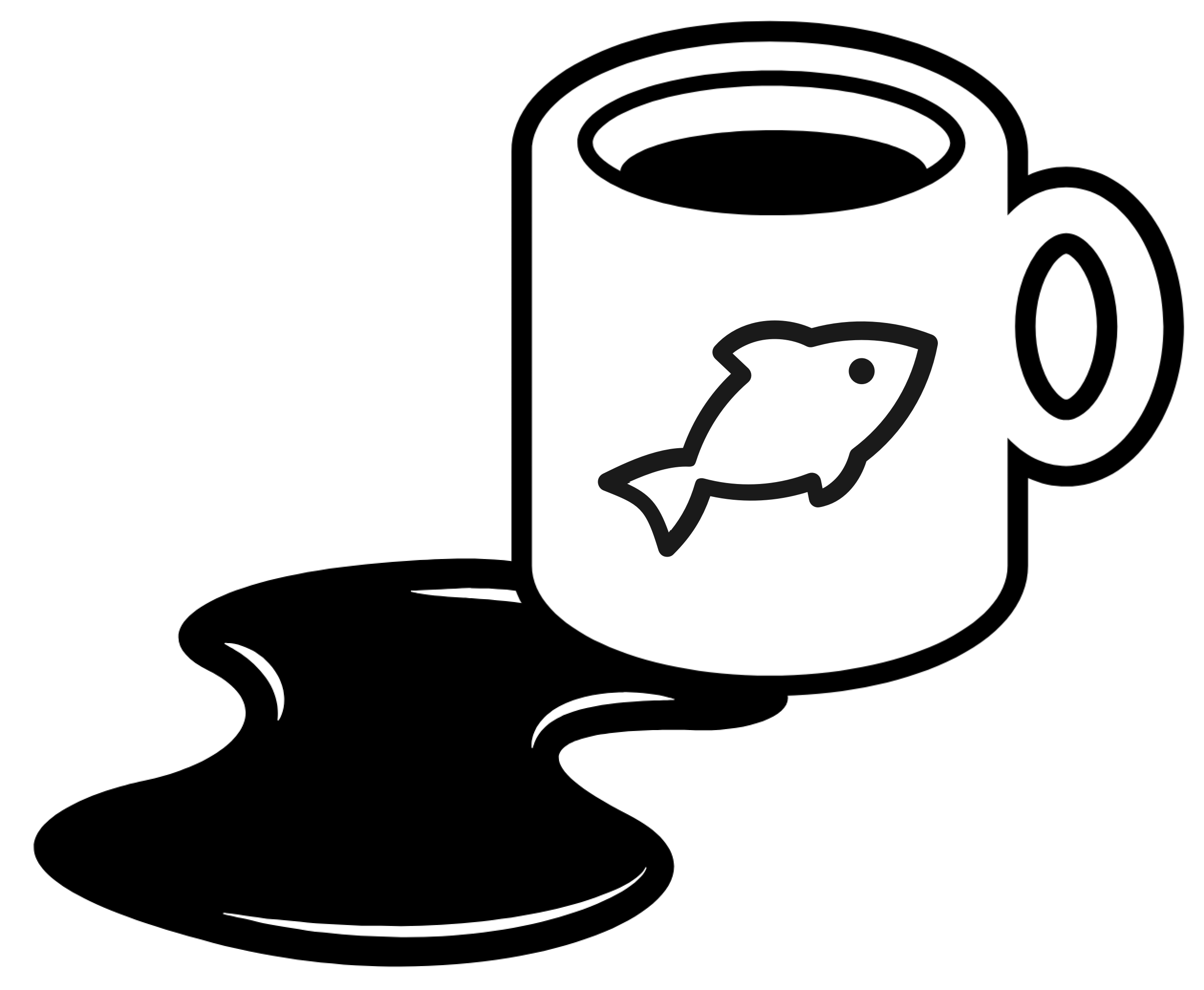Getting sick is never convenient, but it can be especially tricky when you’re a freelancer.
Without traditional paid sick leave, dealing with illness requires some extra effort - which is the last thing you'll have energy to do when you're unwell.
Thinking ahead and putting a plan in place can help you get back to health quicker.
Communicate if you're starting to feel wobbly
Don’t wait until you’re fully wiped out to tell clients you’re under the weather. Give them a heads up if you start to feel like sickness may impact your work.
Briefly explain the situation and projected timeline. Above all, keep clients looped in on any changes. The earlier you speak up, the more time everyone has to problem-solve.
Speak to your client, and see if some modest changes to the timing plan could get you and the client to the finish line, and let you feel better.
Delegate tasks if able
Consider partnering with a fellow freelancer who can step-in if you’re down for the count.
Having trusted colleagues you can refer urgent work to is ideal, but you'll need to have these relationships in place before hand.
And of course, be ready to reciprocate when they need the same help. Focus only on the absolutely priorities, and anything on the 'not urgent' pile can wait.
Redesign your day to be less productive.
Whilst not worrying about work, switching off your laptop and giving yourself 100% time to just rest and recouperate is generally the best course of action. But ignoring work entirely isn't always possible.
Redesign your day around your energy levels, perhaps getting essential work done in the morning, and then using the rest of the day for rest and a chance to recover.
Listen to your body
Working through major illness often backfires, lengthening recovery.
Be honest with yourself about what you can handle. Pushing too hard when under the weather breeds fatigue and burnout.
Get the rest you need even if it means missing a deadline. Protecting your health is the priority.
Getting Proactive
Whilst you can't plan for falling ill - you can put things in place to reduce the impact taking sick time might have to your work.
Take time off proactively
Don't wait until you're sick to take time off. Regularly schedule days or weeks off to unwind and recharge.
Preventing burnout and illness is just as important as dealing with it when it happens.
Sufficient rest reduces the likelihood of getting run down and sick in the first place.
Needing time off work can often be mental health related, so prioritise your own wellbeing by carefully managing your stress levels and being more aware of what causes you stress.
Put a sick leave policy in place.
Write yourself a little document which lists the things you'll do if you're starting to get unwell, who you'll contact to bring in support, how you'll communicate with your clients, how long you feel you can support yourself financially before insurance should kick in, etc.
Writing this whilst you're well helps you not have to struggle with decision making when you're unwell.
Put some money aside for sick days.
Even without formal sick leave, you can build in some financial cover for a few sick days here and there.
Add a number of “sick days” annually to the budget you need to hit, to cover lost income when you can’t work. The average number of sick days in the UK is 5.7 - so aim to put aside 6-10 days of sick pay to cover your time.
Having this cushion allows breathing room to heal without constant financial stress.
Explore potential insurance options
Look into policies that can supplement income in case of long-term illness or disability.
Disability insurance provides payments if injury or sickness prevents you from working.
Critical illness insurance offers lump sums upon diagnosis of major conditions like cancer or stroke. Having protection brings peace of mind if the unthinkable happens.
Summary
The reality is everyone will get sick or face health issues at some point, and for the self-employed it's even more important to have a plan in place.
Get proactive and take time off before you need to take time off due to stress. Have a sickness plan in place, so you're more able to rested, and focus on getting better over juggling work by communicating to clients or delegating work to others.
Caring for yourself first means you’ll return to work healthier, and maintain good relationships with your clients.


